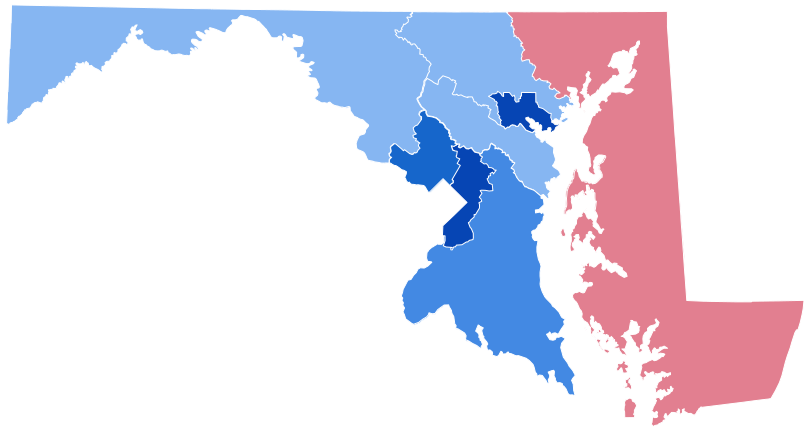Southern Baptists Deny Women’s Ordination as Pastors

Many Americans think that advances in women’s rights in recent decades may now be stalled or reversed. Recent Southern Baptist decisions confirm such fears.
In some ways, the conservative Southern Baptist Convention faces circumstances similar to those faced by the national Republican party. In the U.S. House of Representatives, a faction of right-wing GOP representatives made extreme demands on House Speaker Kevin McCarthy at the start of the term. Similarly, socially conservative SBC leaders have pushed to restrict women’s roles. At its annual convention in mid-June, the SBC, pushed by strongly conservative delegates, confirmed the expulsion of five churches for ordaining women.
Two of the expelled churches have been led by Rick Warren and Linda Barnes Popham, who are prominent Baptist leaders.
Warren, celebrity author of The Purpose Driven Life and formerly head of the huge California Saddleback Church, ordained three women in 2021. Saddleback and other churches ordaining women were dismissed last year by the SBC executive committee. Warren’s appeal of that decision was denied at this summer’s convention.
Popham, an ordained Baptist pastor, also found her Kentucky church dismissed. She argues that the SBC churches are harmed by the loss of women’s faith, talents, and efforts. In a New York Times story, she spoke of “a decline for Southern Baptists.” She believes the SBC is “going to discourage so many women from ministry … whom God has obviously called.”
The same Times article tells of a Michigan pastor who “believed that [Popham] interpreted the Bible incorrectly, and that churches that allow women pastors eventually ‘allow the marriage of homosexuals, too, and then even allowing homosexuals to serve as pastors.’” This domino theory argument may reflect the speaker’s anxieties, reluctance, and fears more than the eventual results of church government decisions.
Another major Baptist public leader, Beth Moore, found herself in conflict with some Baptist pastors in 2016. She was unhappy with Baptist support for presidential candidate Donald Trump after the “Access Hollywood” tape became public. She tweeted in April 2019 that she would be preaching on Mothers Day. That remark provoked SBC leaders to call for her to keep silent because traditional Baptist doctrine prohibits women from preaching. Moore thought her church should instead pay attention to SBC’s sex abuse scandal. She left the Southern Baptist church in 2021.
Some Baptists claim a woman’s position in the church is determined in the New Testament. They cite the letter of I Timothy that says, “women should learn in quietness and full submission” and that they should not “teach or assume authority over a man.” This apparently sexist scripture reflects its historical context, according to Christians who don’t take the Bible literally. They declare all persons are equal because they are created in God’s image.
Rick Warren wrote in a Washington Post opinion of his concern that the Baptist church’s current decline in membership will worsen because of the exclusion of women pastors. Moreover, he says, the church leaders who voted not to reinstate the churches with women pastors “have helped ensure that the once great SBC will be known as the Shrinking Baptist Convention.”
Two thousand churches in the convention have already designated female staff as pastors. If they were all dismissed from the convention, the public relations stink would at least equal the harm caused by the church losses. Currently, according to the Southern Baptist news service, for the last two years, the convention’s “total membership and the number of congregations” diminished.
The SBC may be the nation’s largest Baptist organization, but many American Baptist churches employ female pastors. According to Wikipedia, at least seven American Baptist organizations do so. Some Black American Baptists firmly welcome women pastors and have done so since at least the 19th century. Women in American Black churches play a significant and sometimes dominant role in their congregations. One reason for the large number of Baptist women pastors is that traditionally the national organizations allow local churches autonomy in decisions, including ordination.
Formerly a part of the SBC, the Baptist Women in Ministry group, which traces its origin to the 1970s, posts “An Open Letter to Baptist Women” on its website. The letter reads in part:
"Jesus did not make a mistake by calling the women present at the resurrection to preach the gospel, and he has not made a mistake in calling women to pastor, minister, and lead today. When anyone treats you as if you are not worthy to do God’s work, they are challenging Jesus’ own actions."
The letter has over 3,600 signatures. Fifty-six names are listed as “women targeted by a recent public list of women serving as pastors in Baptist churches.”
It is not clear how this will affect local Baptist churches or how many women Baptist pastors there are on the Eastern Shore. Some Baptist churches do not include “Baptist” in their names and a search of Shore Baptist church websites did not find pastors with female names.
Further reading:
Susan M. Shaw, “How women in the southern Baptist convention have fought for decades to be ordained,” The Conversation, June 1, 2021.
Susan M. Shaw, “A Primer on the SBC’s Complicated History with Women,” Sojourners, June 21, 2023.
https://sojo.net/articles/primer-sbcs-complicated-history-women
Beth, “A Letter to my Brothers,” LPM Blog, May 3, 2018.
https://blog.lproof.org/2018/05/a-letter-to-my-brothers.html
Jim Block taught English at Northfield Mount Hermon, a boarding school in Western Mass. He coached cross-country, and advised the newspaper and the debate society there. He taught at Marlborough College in England and Robert College in Istanbul. He and his wife retired to Chestertown, Md. in 2014.
Common Sense for the Eastern Shore







